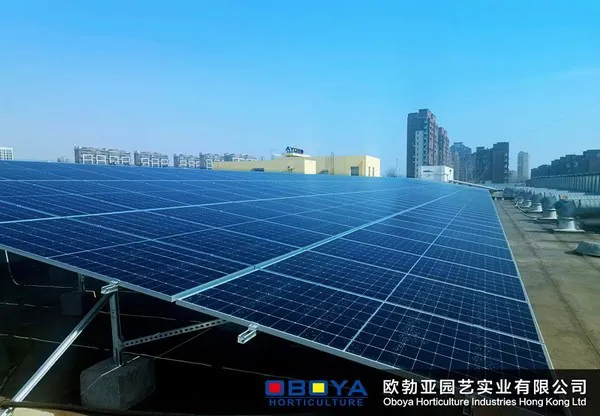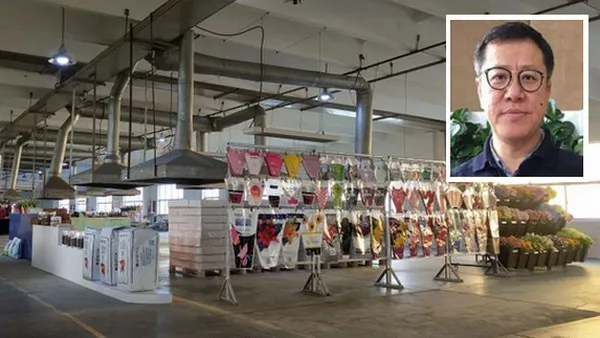Few things are becoming more precious than energy sources. The packaging company Oboya is very much aware of that. That’s why the company felt the need to do something that would make the business future-proof and environmentally sustainable. "We are focusing on CO2 reduction investing in becoming more environmentally friendly to become a fossil-free producer in the long term", says Robert Wu, Founder, and Chairman of Oboya. In October 2021, they started the project to solar power their factory in Qingdao, China and they recently completed the first phase of the installation, on January 2022. "The project will be carried out in phases and currently, the plant generates about a third of our energy needs. The target is to cover 90%."

CO2 emission down
In total, the project is of 2,600 sq. mt., has a capacity of 265 kilowatts, and each year, it will generate electricity, at least 360,000KW, he explains. "And on top of the energy that it is generating, it doesn't produce any emission: the conversion of heat into energy does not emit any carbon dioxide, or other harmful elements. I can see the reduction of CO2 emission in real-time and based on our calculation, it is around 1000kg per day."

Logical step
Despite Oboya is probably the first sleeve manufacturer powered by solar energy, the solar energy power plant was the logical next step to take, explains Wu. "We've been already using recycled materials for our production Also the fact that China is starting to reduce the usage of coal power triggered our decision making. The sun's energy is constantly renewable and we don't expect this - unlike coal, oil and natural gas- to run dry for the next 4 billion years."
Enough sun
The Qingdao region in China, where the company is located, is quite renowned to be generally sunny. Yet, even if it weren't, it wouldn't be a problem for the power plant. "Solar panels can actually produce electricity on cloudy days too," Wu continues. "This is thanks to a new technology that allows for a more efficient energy production."
For more information:
Oboya Horticulture Industries Hong Kong Ltd
Robert Wu
robert.wu@oboya.cc
www.oboya.cc
www.horti.cn
